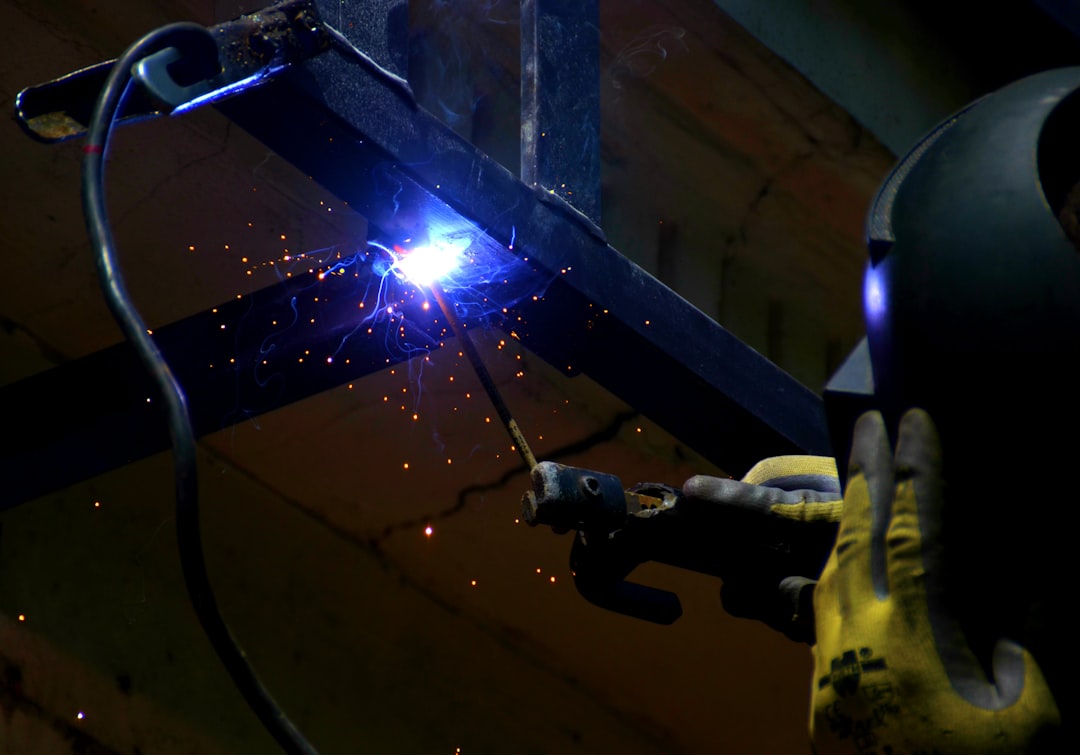body { font-family: sans-serif; line-height: 1.6; }
h1, h2, h3 { color: #333; }
h1 { font-size: 2.5em; }
h2 { font-size: 2em; }
h3 { font-size: 1.5em; }
The steel industry is a global powerhouse, demanding precision, expertise, and adherence to the highest safety and quality standards. To thrive in this competitive landscape, individuals and businesses alike often seek industry-recognized certifications. This comprehensive guide will navigate you through the world of steel industry certifications, helping you understand their importance, types, and how to secure them.
Understanding the Value of Steel Industry Certifications
Steel industry certifications aren’t just pieces of paper; they represent a commitment to excellence and a demonstrable level of competence. They offer several key benefits:
- Enhanced Credibility and Professional Recognition: Certifications validate your skills and knowledge, setting you apart from uncertified individuals and boosting your professional reputation.
- Improved Employability and Career Advancement: Many employers prioritize candidates with relevant certifications, opening doors to better job opportunities and higher salaries.
- Increased Earning Potential: Certified professionals often command higher wages due to their specialized expertise.
- Safety and Quality Assurance: Certifications demonstrate a commitment to safety protocols and quality control, crucial in a high-risk industry like steel manufacturing.
- Business Advantage: For companies, certifications can attract clients seeking assurance of quality and compliance with industry standards.
Types of Steel Industry Certifications: A Diverse Landscape
The steel industry encompasses a vast range of specializations, leading to a variety of certifications. Some common categories include:
- Welding Certifications (AWS, ASME): These are crucial for welders involved in steel fabrication, focusing on specific welding processes and materials. Organizations like the American Welding Society (AWS) and the American Society of Mechanical Engineers (ASME) offer widely recognized certifications.
- Metallurgical Engineering Certifications: These certifications focus on the science and technology of metals, including steel production, processing, and properties. Professional organizations like ASM International often offer relevant certifications.
- Quality Management System Certifications (ISO 9001): These are crucial for companies demonstrating their commitment to quality management principles throughout their operations, including steel production and supply chains.
- Safety and Environmental Certifications (OSHA, ISO 14001): Certifications related to occupational safety and environmental management are vital for demonstrating compliance with regulations and minimizing risks.
- Specific Material Certifications (e.g., Stainless Steel): Some certifications focus on specific steel types or alloys, requiring specialized knowledge and expertise.
Navigating the Certification Application Process: A Step-by-Step Guide
The application process for steel industry certifications varies depending on the specific certification and issuing body. However, general steps often include:
- Research and Selection: Identify the relevant certification based on your career goals or business needs.
- Eligibility Requirements: Check the eligibility criteria, including education, experience, and any prerequisite training.
- Application Submission: Complete the application form accurately and thoroughly, providing all necessary documentation.
- Examination or Assessment: Most certifications involve an examination or practical assessment to evaluate your knowledge and skills.
- Certification Granting: Upon successful completion of the assessment, you will receive your certification.
- Maintenance and Renewal: Many certifications require periodic renewal, often involving continuing education or professional development activities.
Choosing the Right Certification: Aligning with Your Goals
Selecting the appropriate certification is crucial. Consider the following factors:
- Your Career Aspirations: What are your short-term and long-term career goals? The right certification should align with your desired path.
- Your Current Skills and Experience: Choose a certification that builds upon your existing knowledge and skills.
- Industry Recognition and Employer Preferences: Research which certifications are most highly valued within your target industry and by potential employers.
- Cost and Time Commitment: Consider the financial investment and the time required to complete the certification program.
- Certification Body Reputation: Choose a reputable and recognized certification body to ensure the validity and value of your credential.
Maintaining Your Certification: Continuous Professional Development
Once you’ve earned your steel industry certification, it’s crucial to maintain it through continuous professional development. This demonstrates ongoing commitment to excellence and keeps your skills up-to-date with industry advancements. Methods for maintaining your certification might include:
- Participating in industry conferences and workshops.
- Completing continuing education courses.
- Staying abreast of industry best practices and new technologies.
- Networking with other professionals in the field.
- Regularly reviewing relevant industry standards and codes.
By understanding the value, types, application process, and maintenance requirements of steel industry certifications, you can significantly enhance your career prospects or your company’s competitive edge. This comprehensive guide serves as a starting point for your journey towards achieving excellence in the dynamic world of steel.
Tags: Steel Industry Certification, Welding Certification, Metallurgical Certification, ISO 9001, Quality Management, Safety Certification




